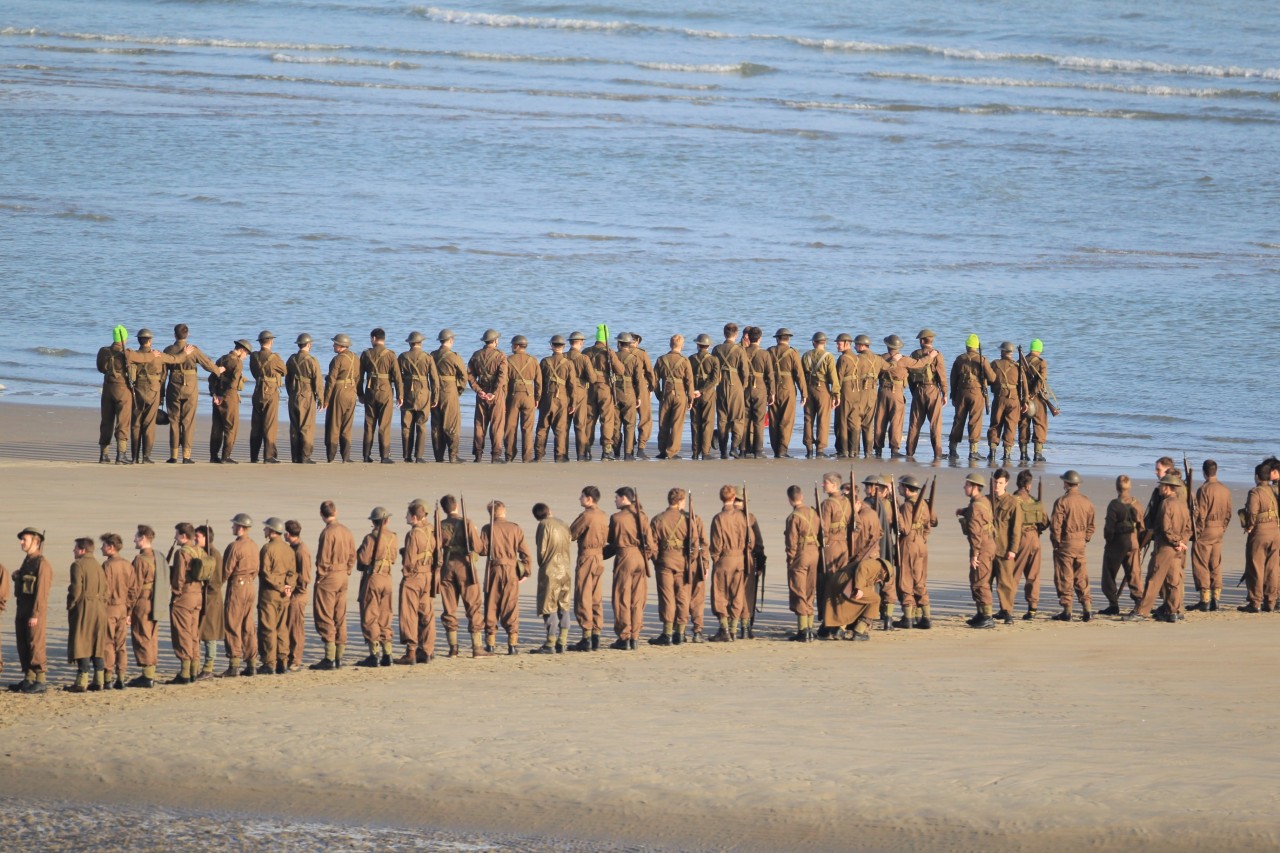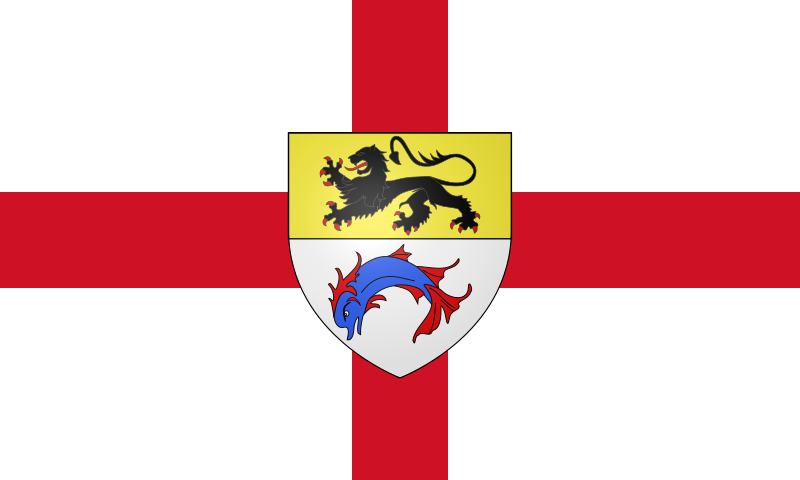It hasn’t gone over anyone’s heads that the filming for the upcoming movie Dunkirk has started. The critically acclaimed director Christopher Nolan wrote the script and is also producing and directing the 2017 film. Hoyte van Hoytema is undertaking the cinematography. He previously worked with Nolan on his film Interstellar from 2014. The film is set to star Academy Award nominees Tom Hardy and Kenneth Branagh. Nolan has also managed to cast pop singer Harry Styles, a move that has given the film a whole new audience. But what makes Dunkirk such an interesting film? Being the history geeks that we are, we have done some research to give you a broader perspective on the movie.
In September 1939, Nazi Germany invaded Poland which marked the beginning of World War 2. Because of the invasion, the British Expeditionary Force (BEF) got sent to France in aid of defense. The force consisted of ten divisions in three corps which were commanded by General John Vereker, 6th Viscount Gort. On May 10, 1940, Belgium and the Netherlands were invaded and Germany’s Panzer corps attacked France through the Ardennes. They quickly reached the English Channel where they managed to trap the BEF, three French armies and the remainder of the Belgian forces. General John Vereker decided that evacuation across the English Channel was the best option. He then began planning a withdrawal to Dunkirk because of its close location and good port facilities.
During the evacuation planning, a halt order was made by the German High Command.The halt order is considered to be one of Nazi Germany’s biggest mistakes as it gave the trapped Allies time to construct defensive works and pull back large numbers of troops toward Dunkirk. On 26 May 1940, Adolf Hitler ordered the panzer groups to continue their advance. However, most of the units waited over 16 hours to attack the Allies, giving them more time to evacuate trapped soldiers.

May 27, 1940, exactly 76 years ago today, was the first full day of evacuation. However, only 7,669 soldiers were evacuated. On this day, Hitler’s Luftwaffe bombed Dunkirk. This caused the water supply to be knocked out, which meant that the fires couldn’t be put out. About 1000 civilians were killed which was one-third of Dunkirk’s remaining population.
On May 28, the Belgian troops surrendered, which left a large gap to the east of Dunkirk where British divisions were sent to. The evacuation went on for eight days. By the end, 338,226 soldiers, 192,226 British and 139,000 French, had been rescued with the help of over 800 boats. Many of them were able to embark from the harbour’s protective mole onto large ships. Other soldiers had to escape from the beaches of Dunkirk where they waited in shoulder-deep water. Here, they were rescued by civilians in what became known as “the little ships”.

From May 10 until June 22, the BEF lost 68,000 soldiers. 3,500 British soldiers were killed and 13,053 became wounded. For every seven soldiers who escaped, one was left behind as a war prisoner. Many of these prisoners were forced to march into Germany. Most of them marched to Trier, which lasted 20 days. Others were marched to the river Scheldt and then sent to the Ruhr. After this, they were sent to war camps in Germany. Many of the soldiers were used as forced labour work in the German industry and agriculture until the end of the war.
Since the evacuation, the term “Dunkirk Spirit” has become integrated into the English language. According to the dictionary, Dunkirk Spirit is “willingness by a group of people who are in a bad situation to all help each other.”
There is no doubt that this historical event had a major influence on the outcome of the war. The British press called it a “miracle” and a “disaster turned to triumph”. In a speech made by Prime Minister Winston Churchill, he said, “we must be very careful not to assign to this deliverance the attributes of a victory. Wars are not won by evacuations.”

Although many people also see this event as a defeat, the soldiers involved are still affected by it today. Dunkirk veteran Vic Viner talked about the evacuation in 2010, saying, “But for us to get 360,000 men out of there was a miracle. I am proud and humble to have been involved,” he said with teary eyes, “to know that I was able to help.”
“We shall go on to the end, we shall fight in France, we shall fight on the seas and oceans, we shall fight with growing confidence and growing strength in the air, we shall defend our Island, whatever the cost may be, we shall fight on the beaches, we shall fight on the landing grounds, we shall fight in the fields and in the streets, we shall fight in the hills; we shall never surrender.” – Winston Churchill, We shall fight on the beaches
Are you excited to see Dunkirk? Let us know @CelebMix.
